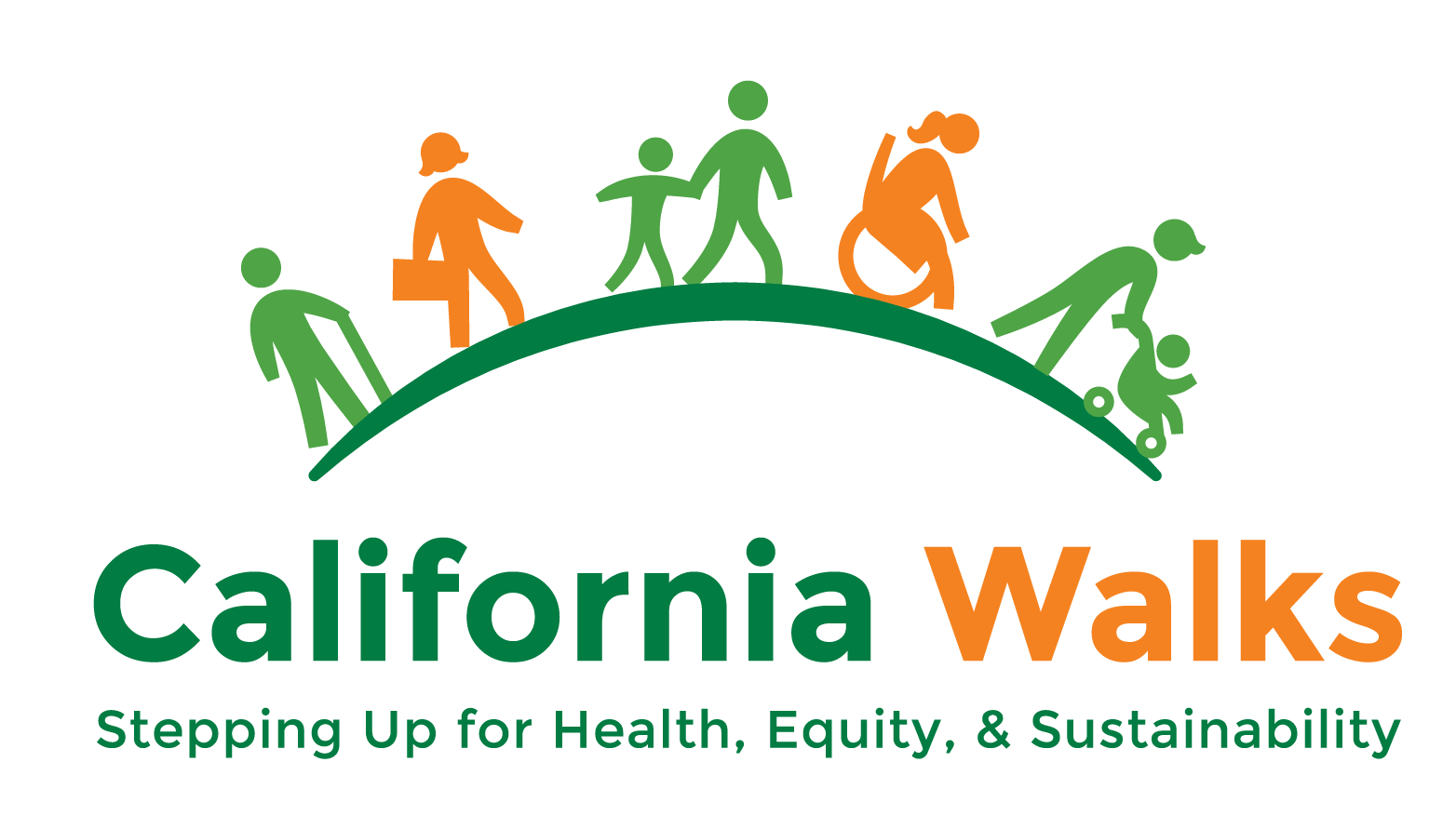The New Decade Demands a New Approach for Active Transportation Advocacy
“There’s no such thing as a single-issue struggle because we do not live single-issue lives.” -Audre Lorde
In the lead up to 2020, our growing team committed to examining the work we do and our impact on the communities we serve. We’ve asked ourselves and partners where we’re falling short, and we’ve been in deep reflection about how the climate crisis, systemic racism, and classism continue to hinder our work. We’re a small organization, but our team is dedicated to expanding what it means to advocate for active transportation in our search for justice. So let’s start by talking about what our team has learned and what we’re committing to do in 2020:
Centering and Lifting Up Local Needs in State Policy
This summer, we co-hosted a Mobility Justice Advocacy Day where we convened inspiring groups from across the state to talk about mobility issues at the state, regional, and local level. We spent two days breaking down how legislative and administrative policy works and how to influence these realms. During the two days it became clear that we aren’t doing enough to push state policies that reflect the needs of local organizations. The process for both legislative and administrative policy was completely out of touch and inaccessible to our on-the-ground partners. What was clear was that there is a desire to partner between state and local organizations to create change in how we address transportation. We will continue to elevate our partners’ needs at the state level to help shape and inform policy, as well as communicate and coordinate with partners in a timely manner regarding state level topics that can help inform our collective policy platform. We will continue to host roundtable discussions and listening sessions to help ground our state efforts in the needs of local community.
Combating Systemic Racism
In November, our team participated in a Building Racial Equity training hosted by Race Forward. Our organization has not been shy about shining a light on the racist transportation and land-use policies--from redlining and urban “renewal” to the post-war highway building frenzy that decimated black and brown communities--but this training challenged us to go further in centering Black Indigenous and People of Color (BIPOC) in our work. Going forward, not only will we continue to work alongside BIPOC communities to get their voices heard in decision-making circles, but we will also commit to being racially explicit in our policy advocacy. In other words, we cannot undo the harms of past race-based transportation and land-use policies without naming the problem head on: anti-blackness and white supremacy.
Working Intersectionally
Our biggest undertaking for 2020 will be building partnerships. If you’ve taken a look at our updated vision, core values, and guiding principles, then you know we’re committed to living them beyond the transportation sector. Equitable opportunities and outcomes are not a destination or an end point. We’ve established a strong coalition focused on transportation issues, but what’s clear is that there is more that impacts people’s ability to move in our communities.
In 2020, we’re taking actionable steps to expand our partnership base to include other “non-traditional” sectors and to ask how we can best support their work that overlaps with transportation. Our aim is to support groups that are working in women's rights, houselessness, housing, law enforcement accountability and criminal justice reform, climate crisis, LGBTQI+ issues, disability rights, racial justice, and environmental justice. We understand that we can’t make a meaningful impact on walking without supporting, and these partnerships will help inform our policy work to address these larger systems at play that keep people from moving and existing freely.
We want to listen and learn from partners, and we invite you to hold us accountable. Share your thoughts with us on where we may be missing the mark. Connect us with partners with whom we can collaborate to increase our impact. If you want to be more involved, follow us on social media, join our monthly policy calls, or consider joining our Board of Directors.
For more information on this and other policy efforts contact Esther Rivera, Esther@CalWalks.org


